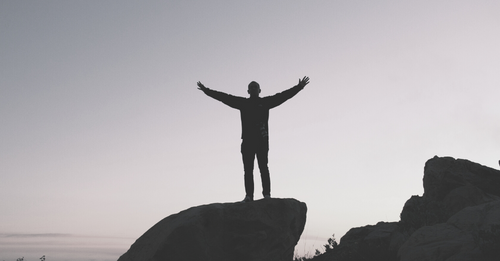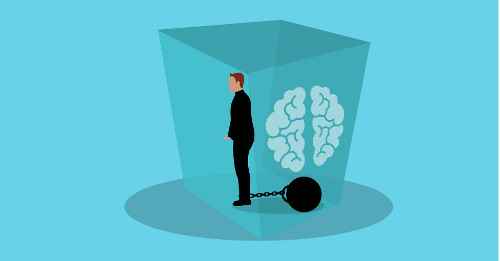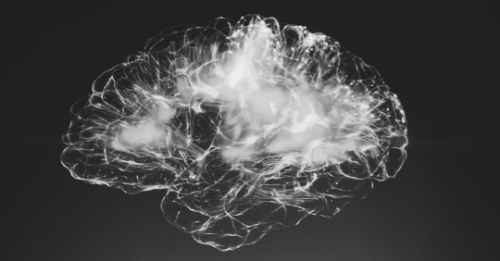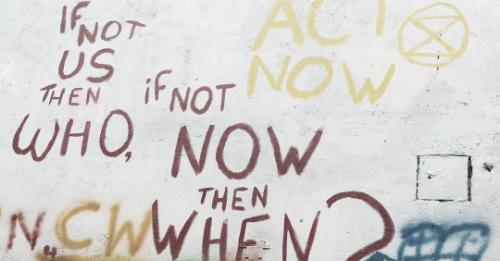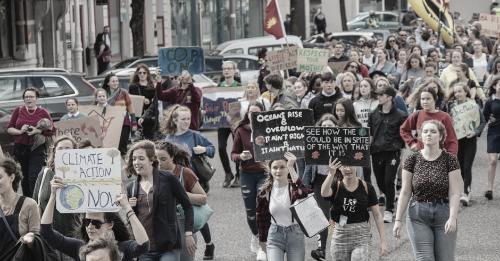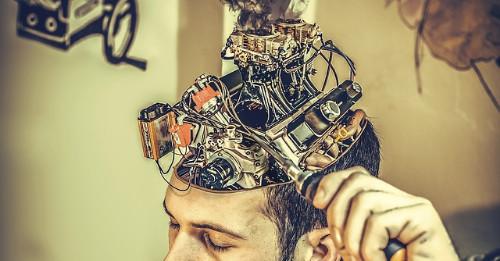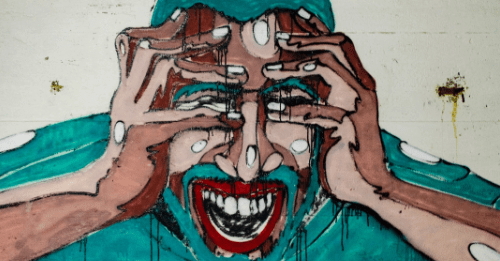Blog
Discovery
Why Gratitude is So Important to Success
By John J. Murphy, Guest Contributor
Every holiday has meaning. These mindful moments offer us the opportunity to step back, reflect, and honor an important time or pivotal point in history. In my mind, Thanksgiving is one of the most important holidays of all – for one simple reason. Gratitude elevates consciousness. When we are in a state of thanksgiving, we are temporarily letting go of anxiety, stress, criticism, and judgmental feelings about what is wrong in the world, and we are recognizi…
How the Human Brain Can Derail or Bolster DEI
By Due Quach, Guest Contributor
Companies have invested hundreds of millions of dollars into diversity, equity, and inclusion (DEI) initiatives since the establishment of the Equal Employment Opportunity Commission (EEOC) in 1964, yet these efforts have been frequently met with resistance or inertia internally. The continued under-representation of women and Black, Indigenous, and People of Color (BIPOC) in senior management and board positions has led to widespread cynicism. Critics often ques…
October Neuroscience Round-Up for Mindful Leaders
By The Mindful Leader Team
For this month’s Round-Up, we look at the science behind mental exhaustion, what we can learn from the brains of seniors, the value of listening to silence, the relationship between a lost sense of time and mental distress, and finally, the phenomenon of lucid dreaming. We have summarized the main ideas and key takeaways below with links to the full articles.
Study Explains the Likely Cause of Mental Exhaustion
Why does mental labor make you feel as tired as physi…
Can Mindfulness Reboot Privilege? Contemplating Earned and Unearned Advantage
By Chris Altizer and Gloria Johnson-Cusack, Guest Contributors
In a time of increasing polarization and even legislation targeting diversity, equity, and inclusion (DEI) work, programs designed to increase diversity, inclusion, and equity are being castigated as divisive, exclusive, and unequal.
How did we get here? How do we move ahead?
In the standard curricula, few things are as hot as the concept of privilege. Those with it are at best uncomfortable if not in denial while those without i…
Learning to stay when all you want to do is run
By Chris Johnson, Guest Contributor
Saturated with Loss
We’ve been saturated with loss... for a long time. While loss is as much a part of our human condition as the deep connections we feel with loved ones, the expanse of loss over the past few years, well, has tried our patience and even our character.
We just hit a stunning one million lives lost to covid: sick patients, nurses and docs, front line health care workers, actors and musicians, public servants too. The loss made all the mor…
How can inner work help with climate action?
By Jamie Bristow, guest contributor
We know that climate change affects mental health – but we’re just beginning to grasp the role of the mind in the crisis itself. A new report outlines the crucial relationship between climate breakdown and the human inner world, and explores capacities of mind and heart as a foundation for more effective action.
Feeling the Effects of Climate Change
Climate change is no longer an abstract, future problem – its effects are felt by all of us. Almost every cou…
September Neuroscience Roundup for Mindful Leaders
by The Mindful Leader Team
For this month’s Round-Up, we dive into the science behind TikTok’s #vagusnerve obsession and explore how VR can help us achieve a psychedelic-like trip. We also look at transformative experiences at secular mass gatherings, the newly proposed psychological diagnosis of “maladaptive daydreaming”, and why restoration skills training (ReST) might be a better option than conventional mindfulness training (CMT). We have summarized the main ideas and key takeaways below w…
Courage: The Bridge to Higher Awareness
By John J. Murphy
As an author and business consultant specializing in leadership development, mindfulness, and transformational culture change for the past 34 years, I have done a considerable amount of research. Countless experts, teachers, scientists, and influential leaders have given me facts, data, insights, and information that have forever changed my life and the lives of my clients. One of the most intriguing examples of this was David Hawkins, MD, PhD. Dr. Hawkins introduced me to Th…
10 Effective Methods to Soothe an Anxious Brain
By Due Quach, guest contributor
 1. Accept that anxiety is biological
1. Accept that anxiety is biological
The first step in managing anxiety in a healthier manner is to make peace with the fact that having anxiety is natural and normal. According to evolutionary psychology, human psychological traits like anxiety exist because they serve a function. Anxiety signals that we believe the outcome of a situation in which there are factors beyond our control, is very important to our survival, social status, happiness, or well-being. A…
Moving from Fear to Presence, Connection, and Collaboration
By Kathlyn T. Hendricks, guest contributor
“The enemy is fear. We think that it’s hate, but it’s fear.”
- Gandhi
How did we get so scared?
I’ve gotten pretty obsessed with fear over the last few years. I grew up with bomb shelters and “duck and cover” (no one back then thought this was traumatic or would create any long-lasting impact). The vision of the mushroom cloud seeped into dreams and decisions and led to everyone on our block—except us—having a bomb shelter for the annihilation we ex…

